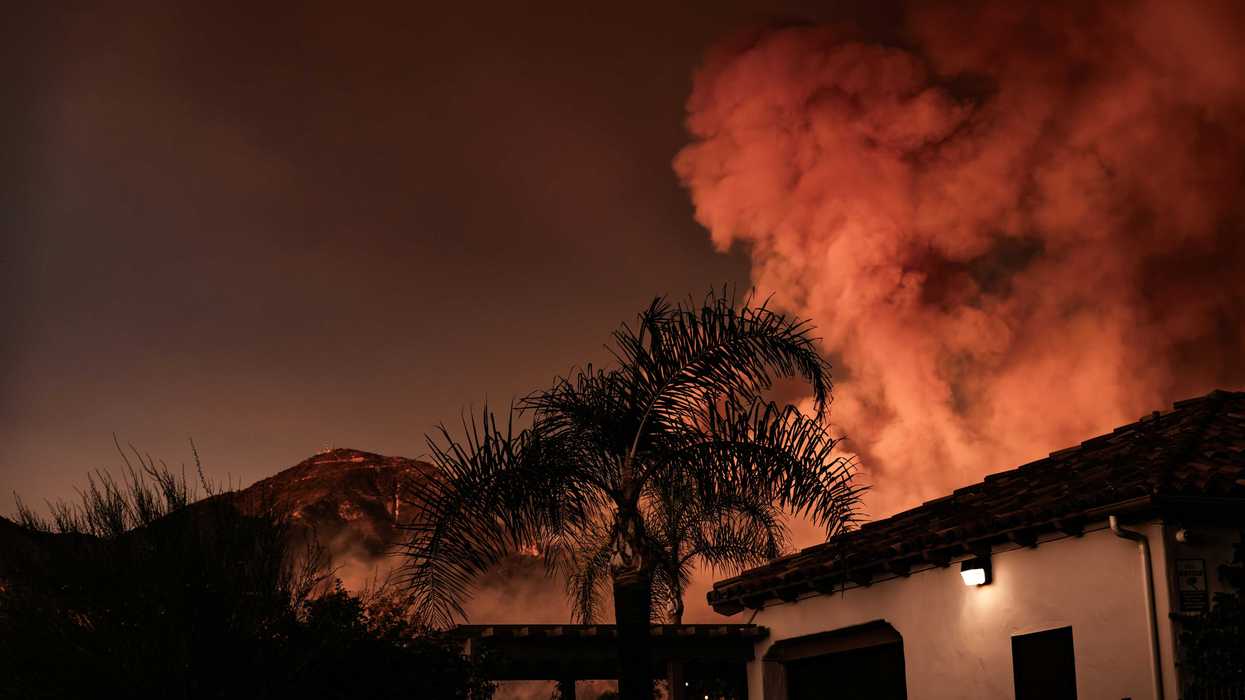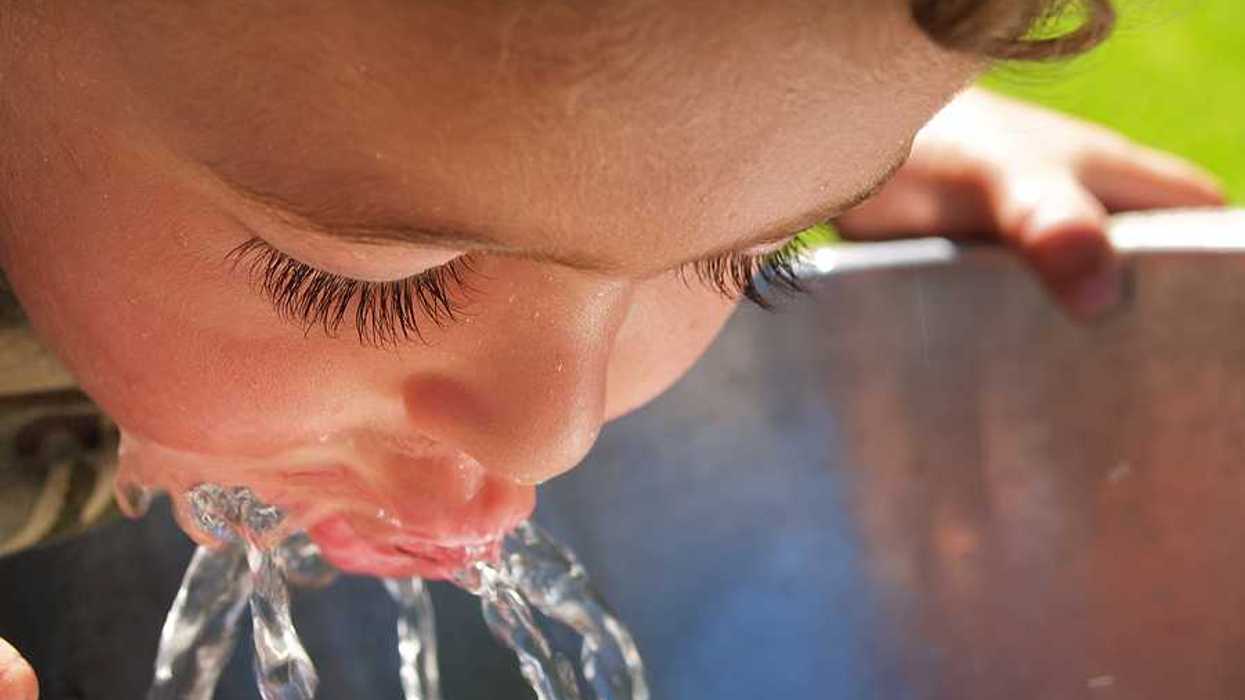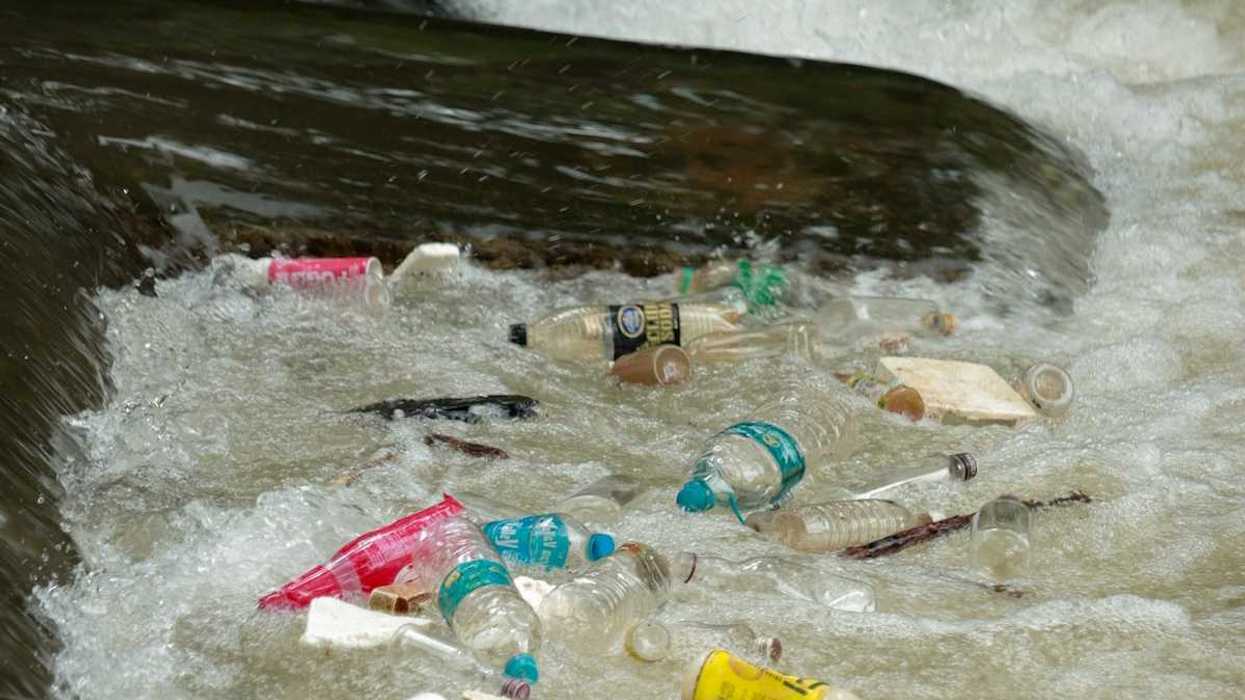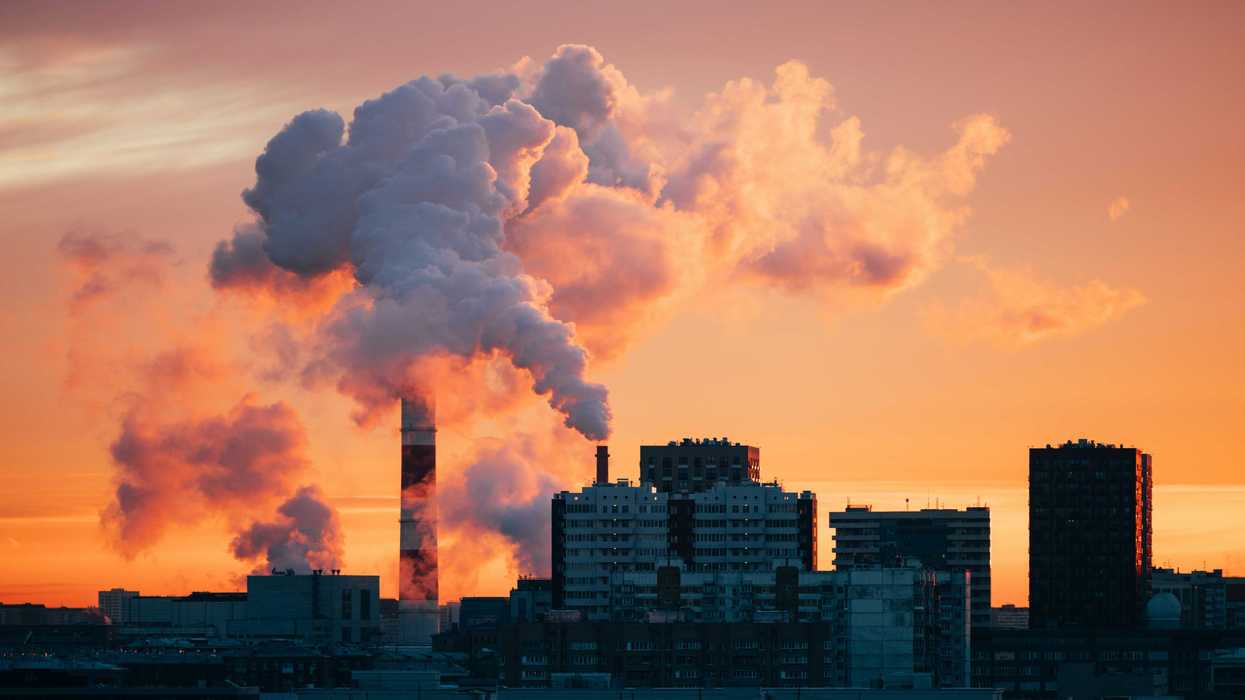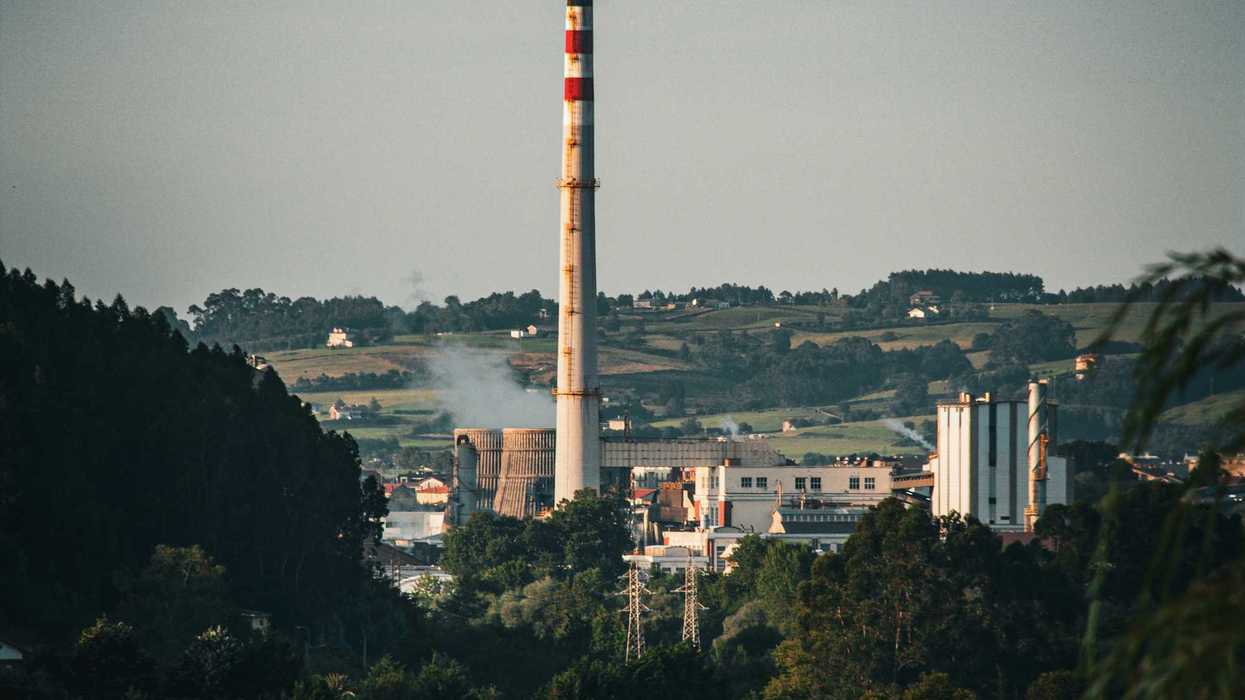A study reveals that PFAS, also known as "forever chemicals," are primarily entering the Great Lakes through the air and rainfall, even reaching Lake Superior, the most pristine of the lakes.
Caitlin Looby reports for the Milwaukee Journal Sentinel.
In short:
- PFAS are widespread pollutants found in products like firefighting foam and non-stick cookware, posing health risks such as cancer and liver problems.
- The study found that Lake Ontario had the highest PFAS levels, while Lake Superior had the lowest, with rain and air contributing significantly to PFAS contamination.
- PFAS levels in rain were consistent across urban and remote areas, but air samples showed higher levels near urban centers.
Key quote:
“These are data gaps that we need to fill before we can have a solid picture of all the ins and outs of PFAS in the Great Lakes.”
— Marta Venier, environmental chemist at Indiana University
Why this matters:
The implications of PFAS contamination are profound, not only for the ecosystems of these lakes but also for the communities relying on them for drinking water and recreation. Per- and polyfluoroalkyl substances are increasingly recognized as a significant environmental and health concern. These synthetic chemicals, found in everyday items such as firefighting foam and non-stick cookware, are notorious for their persistence in the environment and human body. PFAS have been linked to serious health risks, including cancer and liver issues.




